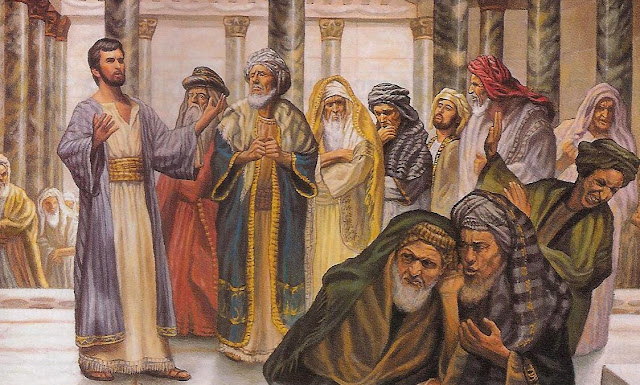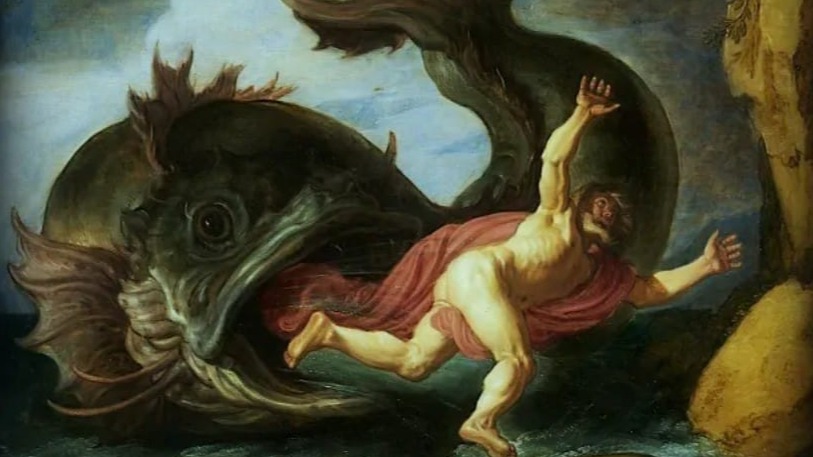“People were eating, drinking, marrying, and giving in marriage, until the day Noah entered the ark, and the flood came and destroyed them all” (Luke 17:26-29). Certainly, facing life with such a perspective is not ideal. But it is the same principle that prompted monks to remind each other every evening, “Remember that you must die.” The memory of death is either a paralyzing anguish or a profound exercise in reality.
In fact, if each of us began to think, for example, that we only had one year left to live, we would make very specific choices. And at the same time, if we thought we only had six months left, we would make even more essential choices, and so on until we came to think that, in the end, we only know that we have time today, and that no one can tell us that we will still be alive tomorrow. A healthy memory of death makes every moment of life unique.
Every kiss would be given as if it were the only one. Every hug would be given as if it were the only one. Every wrong would be more easily forgiven, because faced with the possibility of death, how many would still have the courage to stand their ground over frankly trivial matters? Obviously, all this may seem overly exaggerated, but exaggerating a point of view helps us understand the underlying truth of an issue.
In fact, we should always take our reasoning and choices to their extreme consequences. It is in the extreme consequences that we understand the true value of something. “I tell you, on that night, two will be in one bed; one will be taken and the other left. Two women will be grinding grain together; one will be taken and the other left. Two men will be in the fields; one will be taken and the other left” (Luke 17:34-36).
Everything is always fifty-fifty. Not only the possibility of being taken or left, but the possibility that an illness will make us better or worse people. That love will make us less selfish or more possessive. That a gift will be used for good or for evil. Everything in this life is always fifty-fifty.


